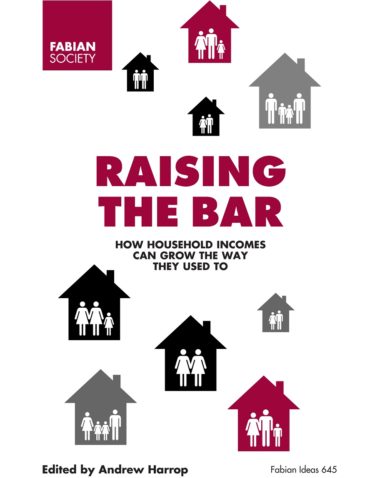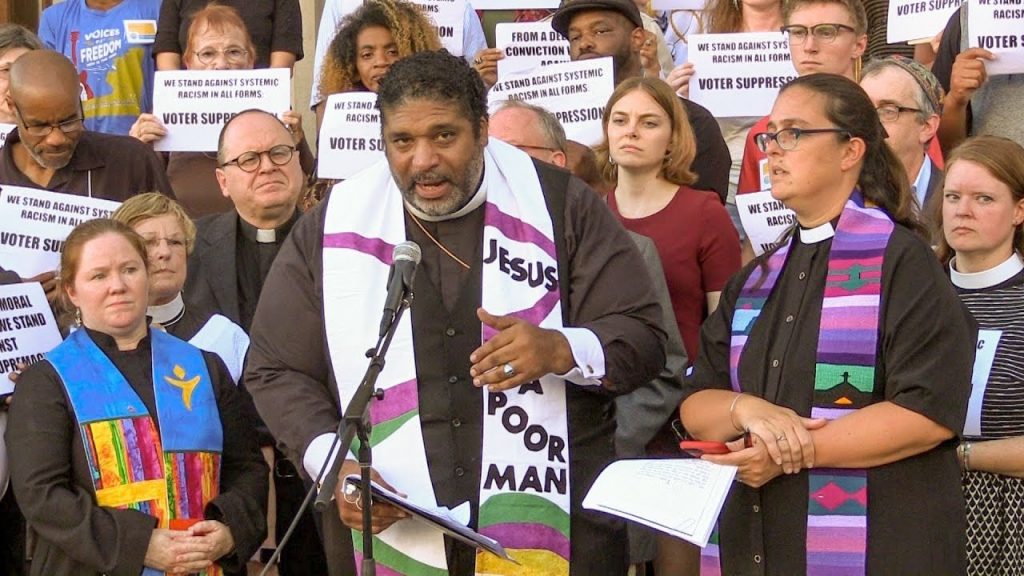Talking Points: April 2018
Posted on 08 May 2018 Categories: Blog, From Rethinking Poverty, Talking Points
by Rethinking Poverty
Why is wealth inequality soaring?
By 2030 the richest 1 per cent will own two-thirds of global wealth. Dominic Frisby offers 10 reasons why this is happening in the UK. Basically, ‘those who rely on their salaries to get by have suffered an inexorable erosion of their wealth. Those who own assets have made good … All of these causes of inequality are within the power of government to put right.’
What if government doesn’t want to put things right? The Fabians’ Andrew Harrop highlights the importance of politicians/representatives being ‘of’ the people they represent. ‘The left needs to be of working-class Britain not just for it.’
What can be done to reduce poverty and inequality?

It’s ‘time for a revolution in economics’, says Howard Reed, making the case for a new economics. ‘The tentacles of the “neo-classical” model reach far and wide … What’s needed is a “decontamination” and return to first principles.’ The Guardian’s Larry Elliott agrees with Reed that ‘the right and left have both signed up to the myth of free market’.
While Dustin Benton of the Green Alliance argues that a green economy can promote growth, a new report from the Fabians called Raising the Bar explores what we need to do to get household incomes growing. Aditya Chakrabortty discovers that in post-industrial Plymouth social enterprise is the key to growing a local economy. Five years on, ‘Plymouth now has more than 150 social enterprises employing over 7,000 workers earning a combined income of over £500m.’
Is it better to give everyone a set amount of money each year or to guarantee all of the public services people need to live a full life? New Economics Foundation’s weekly economics podcast debates the pros and cons of Universal Basic Income and Universal Basic Services.
Polly Toynbee describes the Labour Party’s newly adopted policy to give free bus passes to the under-25s as ‘a tiptoe towards universal basic services’.
A country that’s getting it right
Pakistan has seen more than 50 per cent reduction in poverty in the past decade, with the percentage of people living below the poverty line declining from 50.4 per cent in 2005-06 to 24.3 per cent in 2015-16. Reasons offered include ‘targeted poverty reduction programmes like BISP [Benazir Income Support Programme] …, continued higher inflows of remittances … which are destined to relatively poor families and above all more inclusive characteristics of economic growth’.
Inspiration from the US

‘While our nation once fought a war against poverty, now we wage a war on the poor,’ write the Reverend William Barber and Dr Liz Theoharis. A full 60 per cent more Americans now live below the official poverty line than in 1968, and 43 per cent of all American children live below the minimum income level considered necessary to meet basic family needs. The Poor People’s Campaign Moral Agenda demands ‘a massive overhaul of the nation’s voting rights laws, new programs to lift up the 140 million Americans living in poverty, immediate attention to ecological devastation and measures to curb militarism and the war economy’.
‘Talking Points’ is collated by Caroline Hartnell, who convenes the Rethinking Poverty blog.
Past ‘Talking Points’:
Posted on 08 May 2018 Categories: Blog, From Rethinking Poverty, Talking Points
